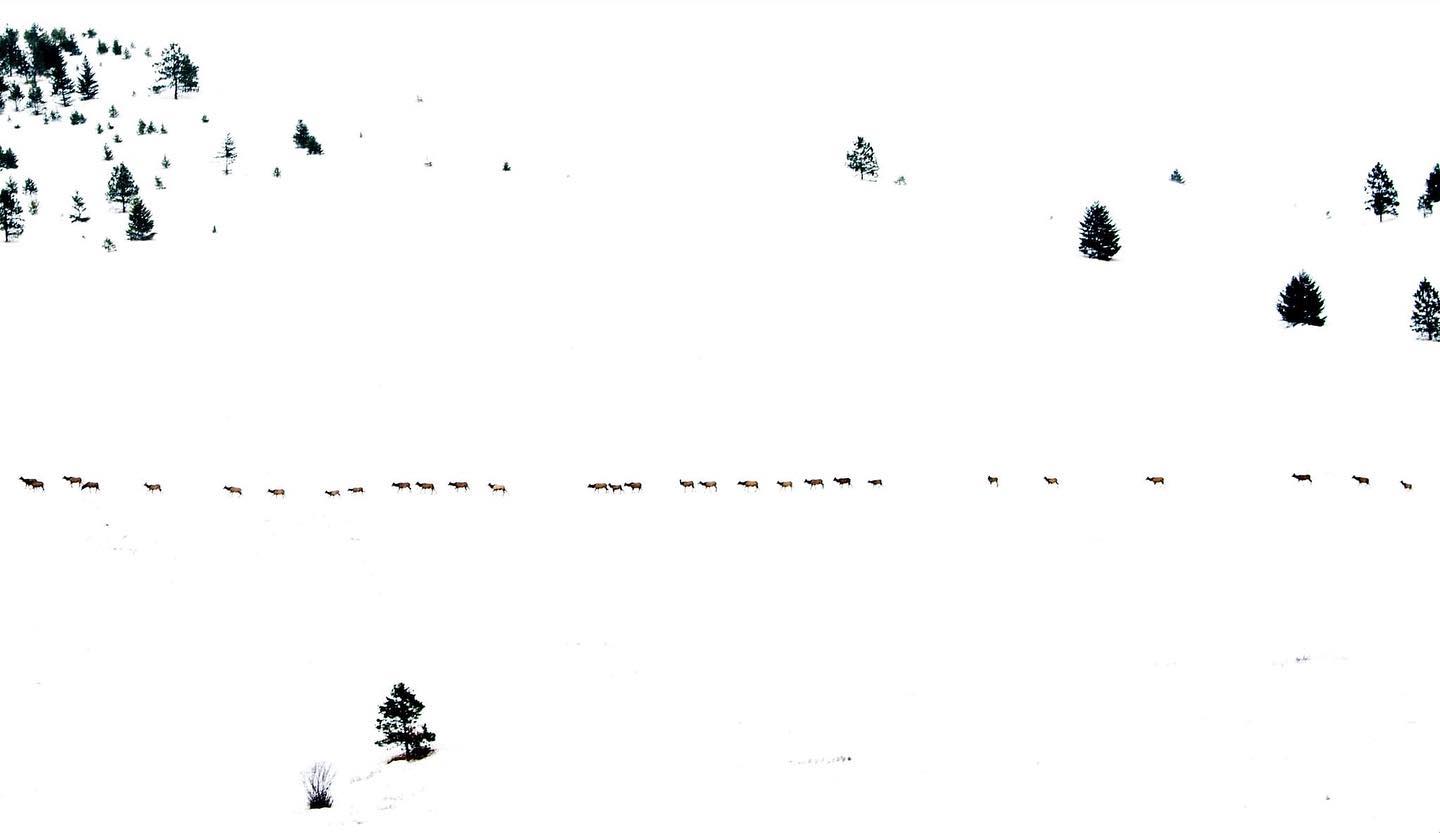
Hunting alone way up in the old Rattlesnake, forty-seven elk, in a single file, walked by so near that I could smell their breath, like the smell of damp alfalfa just cut and laid flat by machines. My heavy rifle, which I had stolen from my angry father’s closet, was an officer issue O3A3 without a scope. I had been waiting, standing quiet and still in dense lodgepole, for such a close shot. This was a long time ago. Deer were still wild, and everyone bought $11 licenses for both deer and elk. I had woken at 4am, ridden my bicycle in the dark, then walked six miles uphill. My plan was to do what I had done before, shoot a small deer, drag it down to the bike, and then wheel it back to my apartment by midnight. But as the elk walked past, first the cows, then the bulls, I just watched and counted. Besides being too large, the elk were beautiful. They were like those rare dreams you had where you woke up happy with a feeling that you would not always be lonely. I had never seen such large wild animals so close. All these years later, whenever I see elk on the open winter slopes of the town that managed to trap me, I like to think there are a few up there related to the one I did not kill. - - Steve S. Saroff - From The Long Line Of Elk
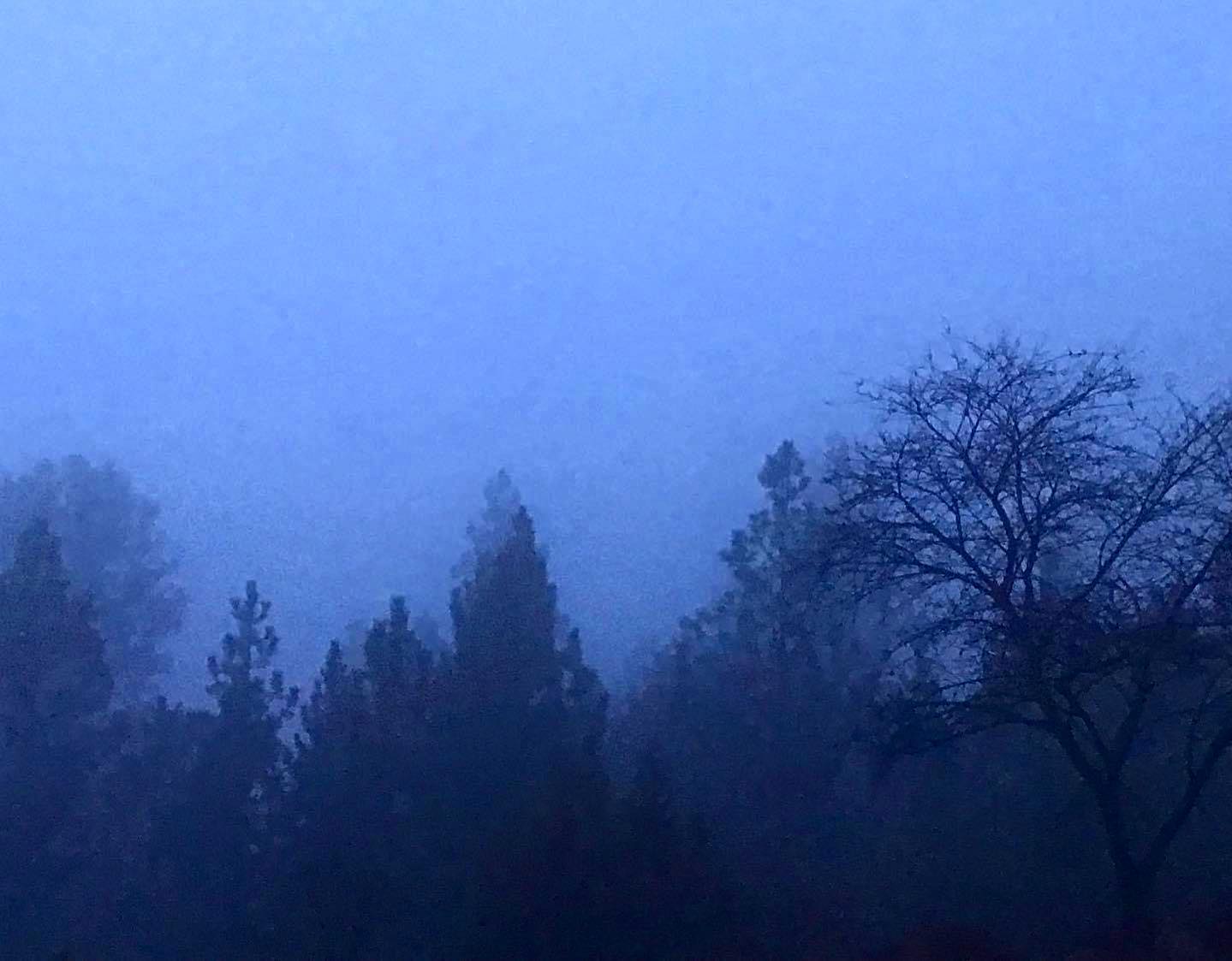
Another December and you still have not apologized. As these years happen, as we forget, as we live, and go into the fog of forever and further apart. I still check the mail box, wondering when the letter will come, that one you should have written a long time ago, even though those forever stamps you insisted on buying have probably expired. - Steve s. Saroff
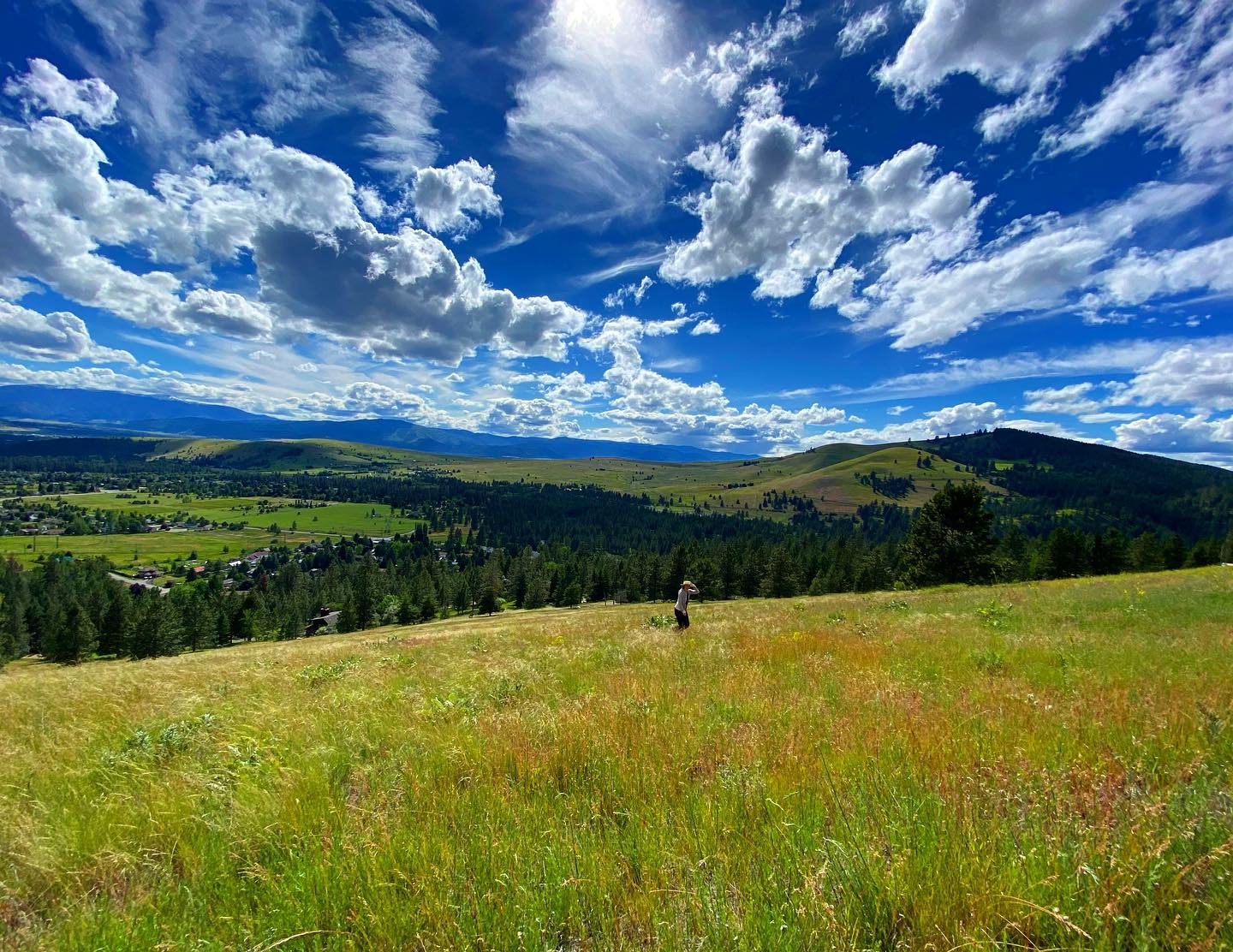

First days of summer are a bit of good karma for having made it this far. There were some awful odds back there. The dice were blank, the cards were marked, and nothing was friendly. My dreams were broken and my bones ached. Like when the school bullies taught me to fight, it wasn’t my idea. But from there I learned leaving, and the way home. - steve s. saroff From 'The Long Line of Elk'

Fourier and memory -- One winter when I was studying mathematics I worked for a scientist who taught me to look for patterns in the waves that pounded the Oregon coast. We talked about storms on the other side of the world, and watched for the rare, high waves which he explained to me formed by the chance meeting of small combinations. He gave me a thin book written by Fourier, a French mathematician, who explained that complexity could be understood by the pure cycles of simple things. Like a single note from a flute, or the ripple from a pebble dropped in a calm pool. This professor I worked for sought out chaos and the reasons coastlines become devastated in storms. I would go alone to rocky beaches during the largest storms, and set up his instruments at low tide, and then sit in a small trailer full of computers and wait for the desperate water. It was always more than just raining. I had to lean hard into the wind to keep from falling, and I fell sometimes. In the trailer, I would drink bourbon and read about the calculus of sine waves, my wet hands covered with sand and salt, and wait for low tide. I was also trying to understand the chaos of my life, so I would think back and find a few pure memories — mornings baking bread, or walking in the moonlight on a spring night, or reading to each other from books of poems. Sometimes in that instrument trailer, buffeted by the storms — nothing peaceful — the bottle empty, I would write short stories, trying to prove Fourier’s theorems by breaking memories into simple parts. — Here was the day we met. — Here was the first kiss. — Here was a box of her books in the back of the car. — Here was that kitchen, that morning of baking bread. Looking back I still wonder where the chaos came from, just as I still wonder about where the eroded land goes, the grains that were rock, that math that explains everything so beautifully, and so, so wrong. – Steve S. Saroff
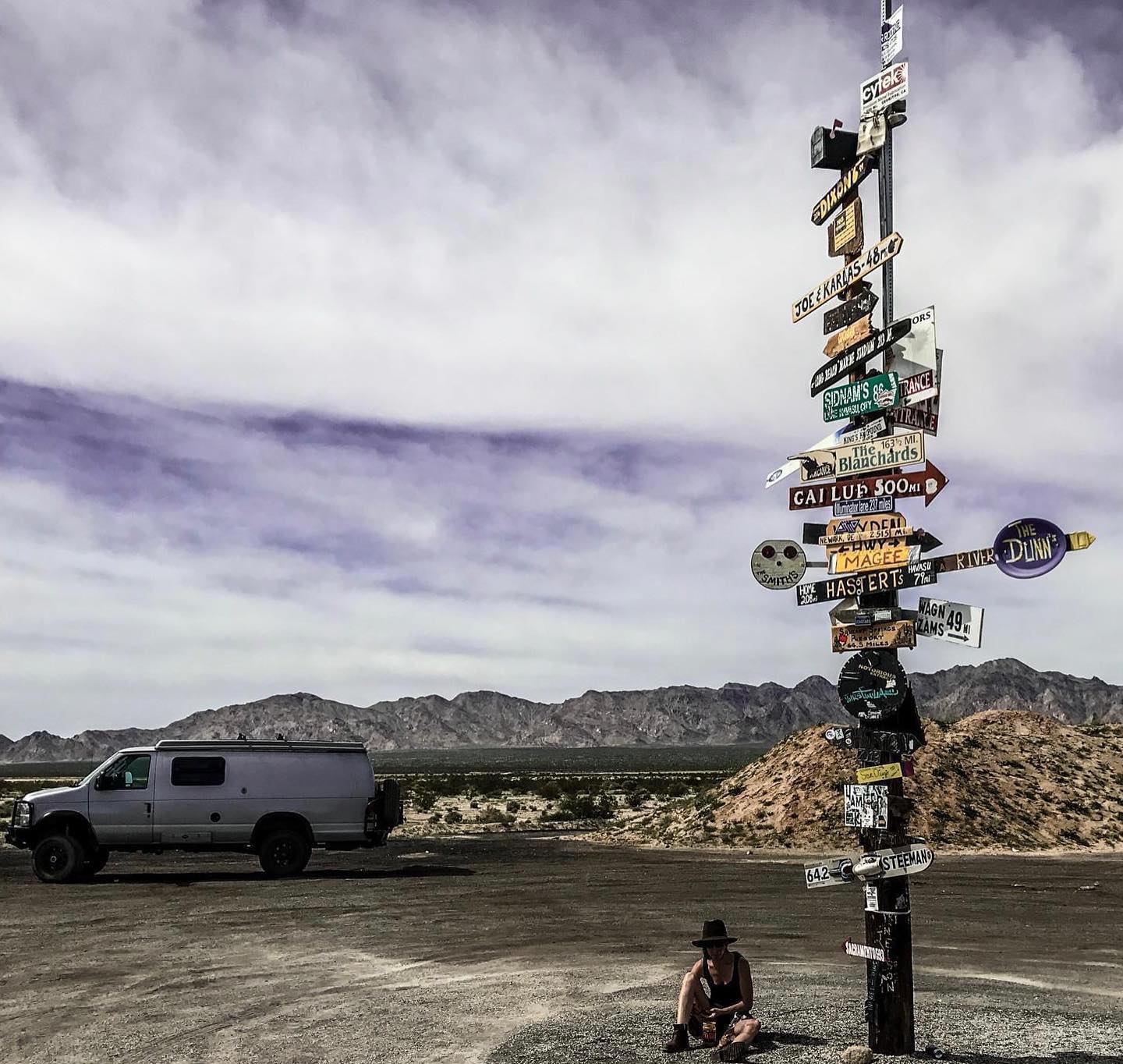
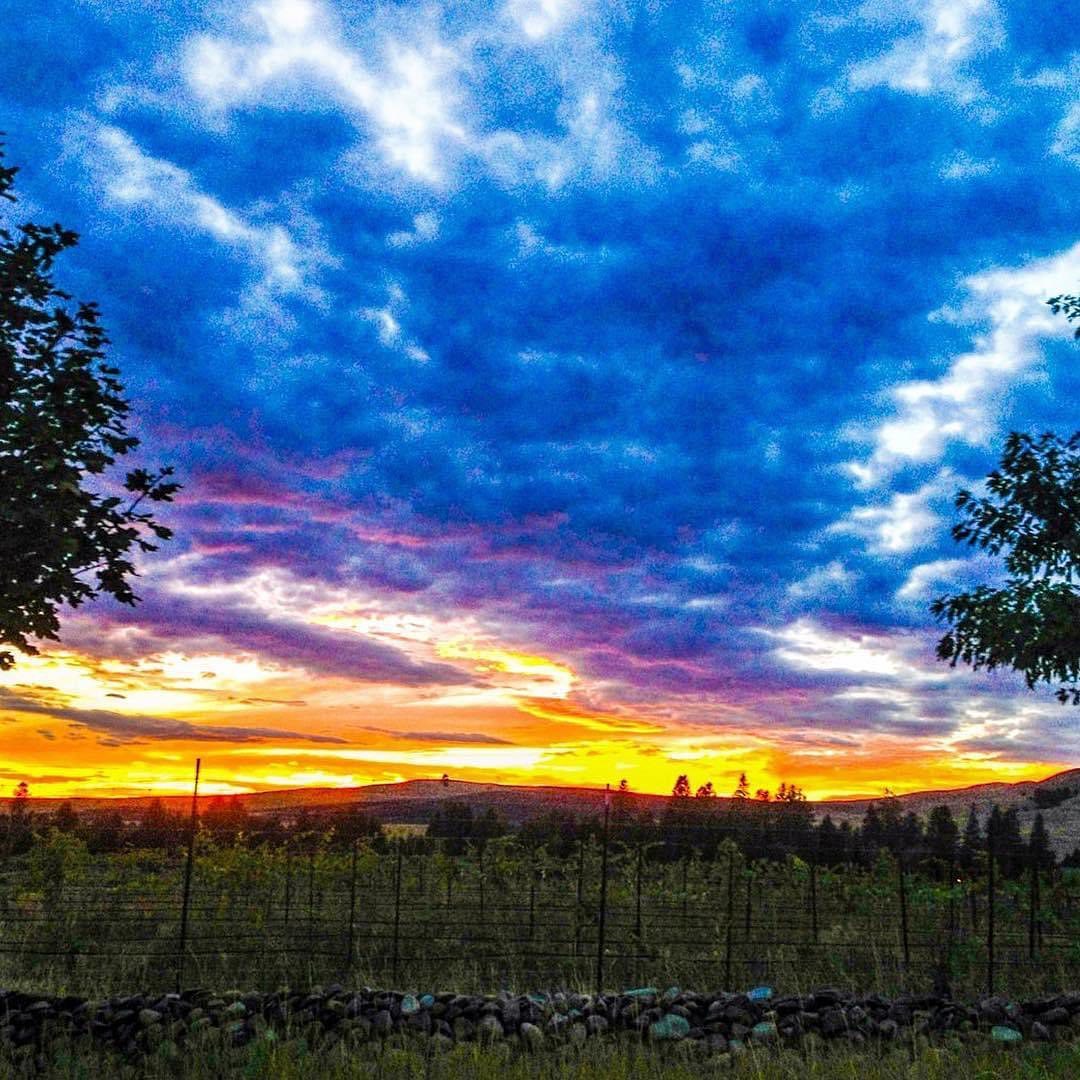
If you were a month you would be September. And if I were light I would be a sunset. Maybe you would be driving. You would pull over and roll the window down to take a picture with your phone. Would you wait long enough, parked there with the car engine running, to notice the first star in the west? Or would you be too busy making a post — of you seeing me, seeing you — that you wouldn’t see how close we had been to everything? Those times when we walked through the tall grass, as bluebirds, flying from their nest boxes, lead us to where we are now. - steve s. Saroff
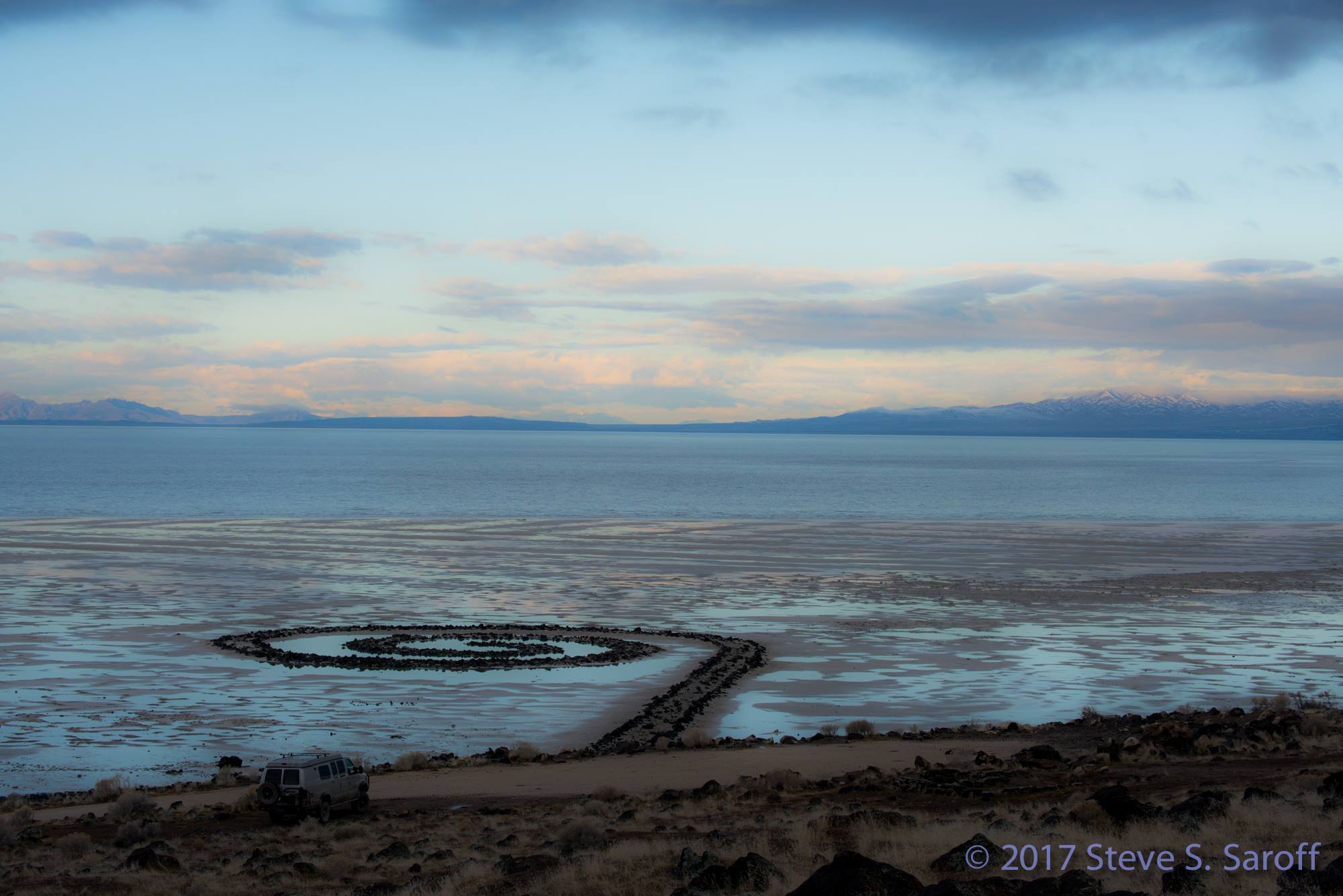
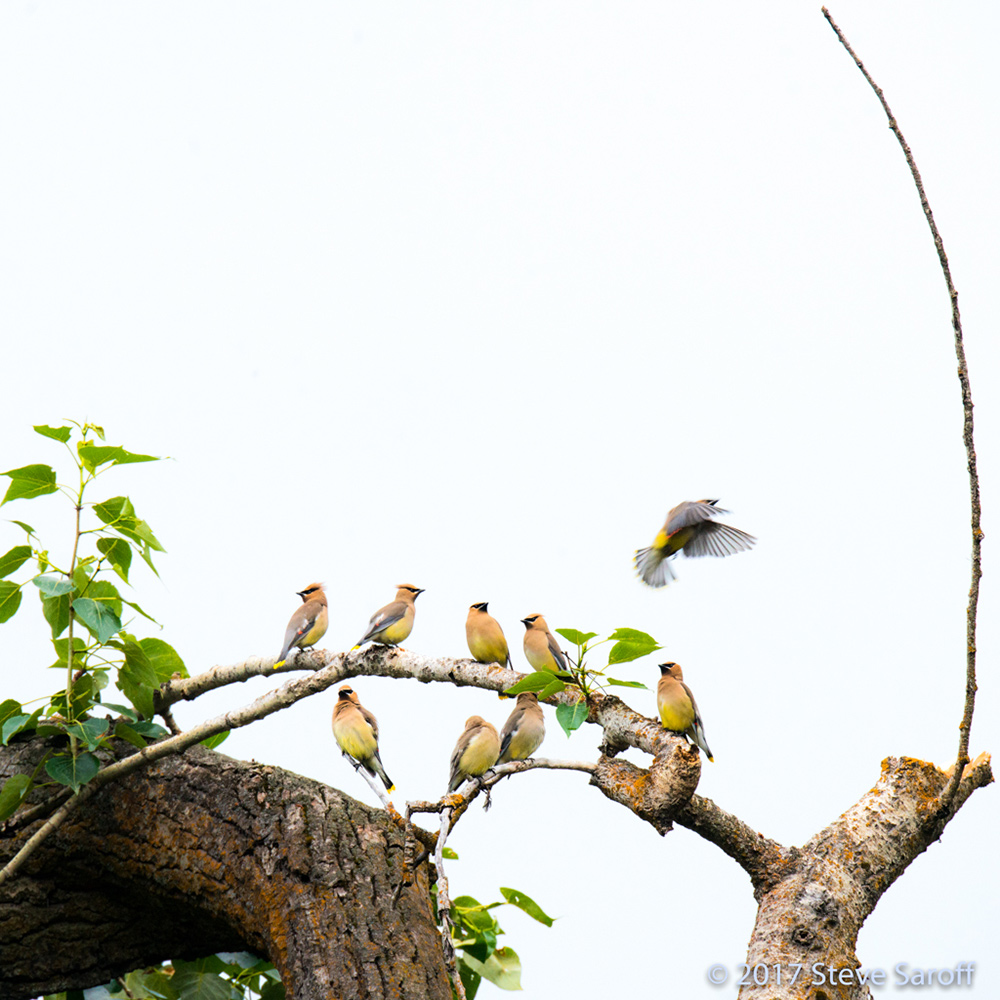
In the nights of the witch, during the times of chaos, I would coax myself to sleep by thinking of what could have been. The soft and the gentle. The best were memories that had been captured without trying. Like one of that spring day when you and I together watched a flock of waxwings, after their winter away, land on a cottonwood branch where they stayed just long enough for us to notice how quiet our fleeting moment was. - steve saroff, from The Long Line of Elk: Poems and Artifacts
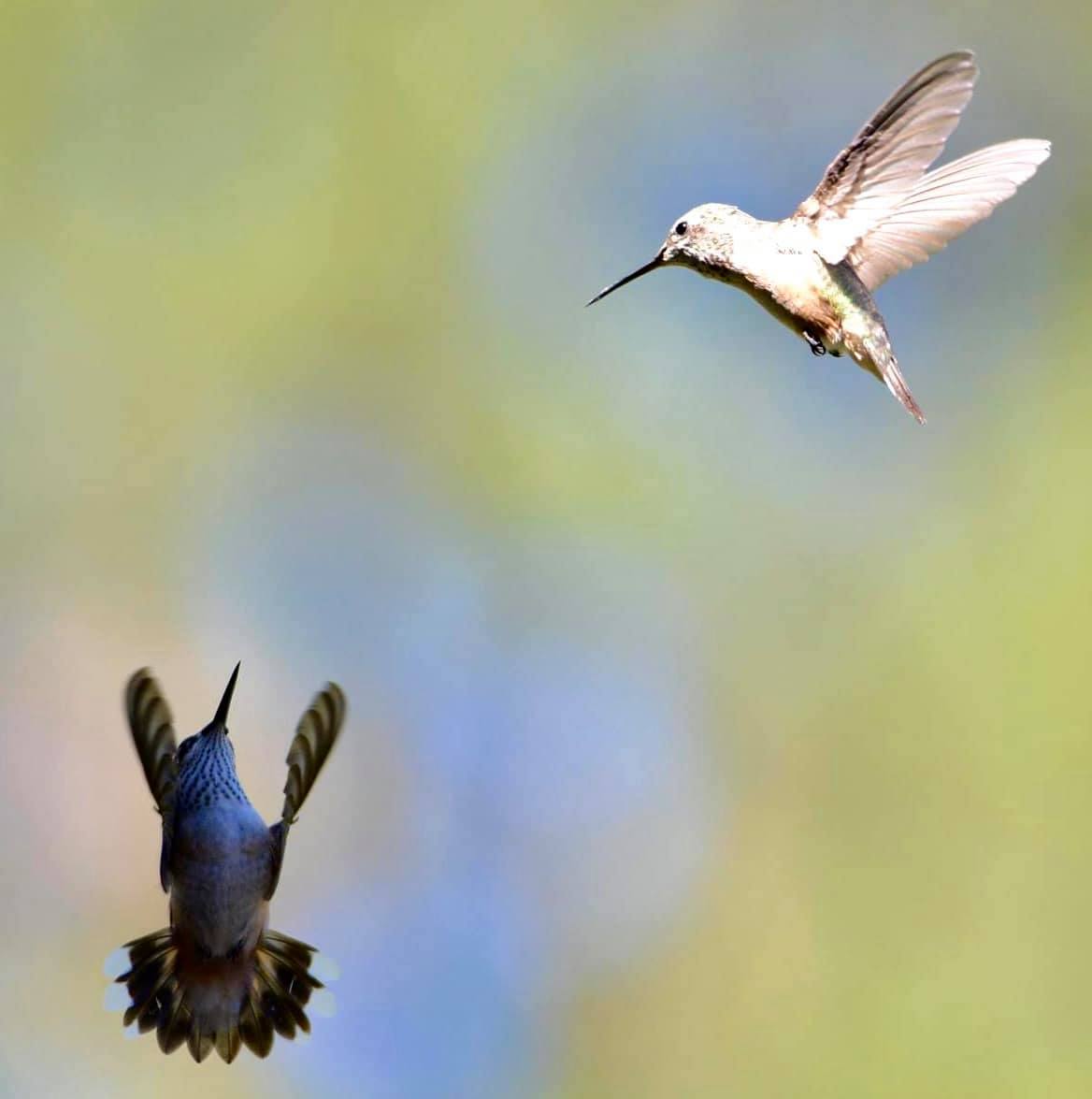
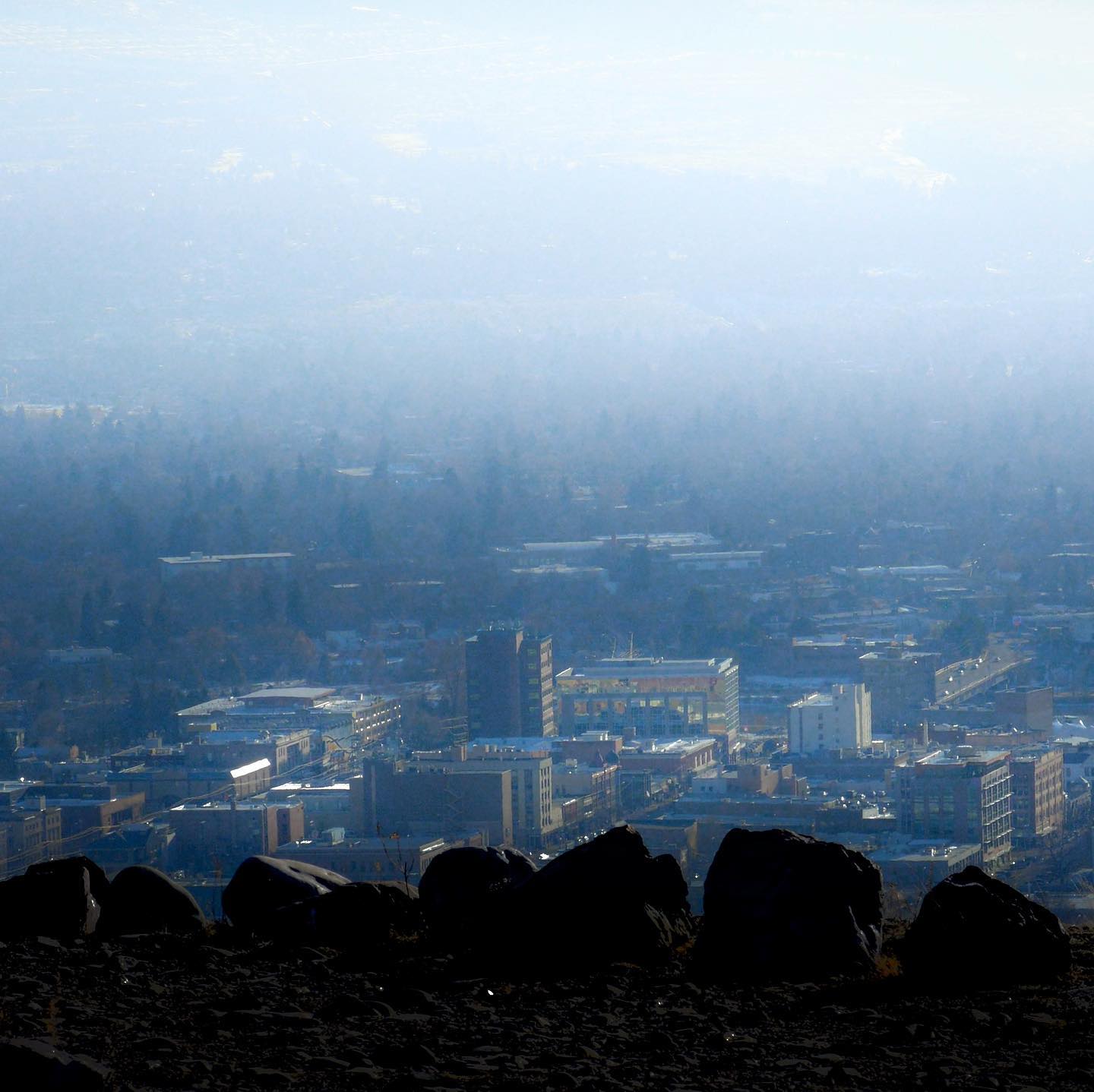
If someone were to have drawn our lines, yours and mine, tracing where we traveled, could we have looked at that knotted confusion and predicted then what would happen? As our lines converged, and became days punctuated by our nights, I know that I never thought about any end point. But now, looking to where the parallels disappear into an illusion of touching — like those train tracks that never will meet — I wonder if you ever think of me, as I think of you, here on the edge of this mapless place that I am forever falling into without you. - steve s. saroff
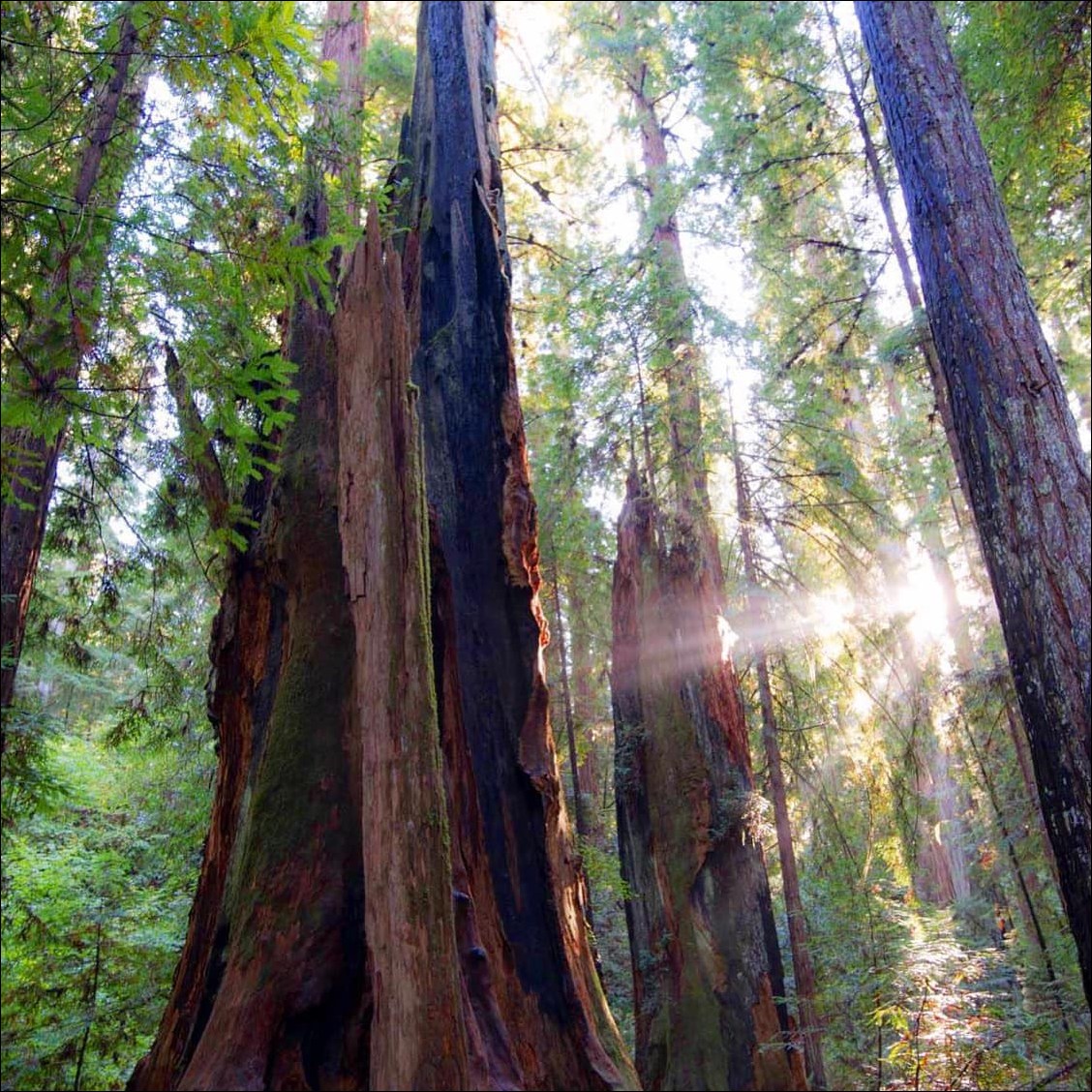
Four in the morning. Sometimes when I am awake in the middle of the night I go back to the places of endless forest trails. Those deep, good nights after the longest days. Exhaustion would keep me sleeping until dawn, and then the morning wood smoke from my cooking fires would keep me clean. Such mountain solitude, two week's walk from anyone, helped me to think carefully of what words I might have the chance to speak when back with the solitude among people. Sometimes now, when I am awake in pre-dawn time, I also think carefully of words, mouthing them, or tapping onto a glowing screen, and wondering who might listen or read and what we might understand in common. We lean on words because they help us be human, in this wilderness which we have created together, where our wires and all our machines are speechless and deaf without us. - - steve saroff, from The Long Line of Elk: Poems and Artifacts

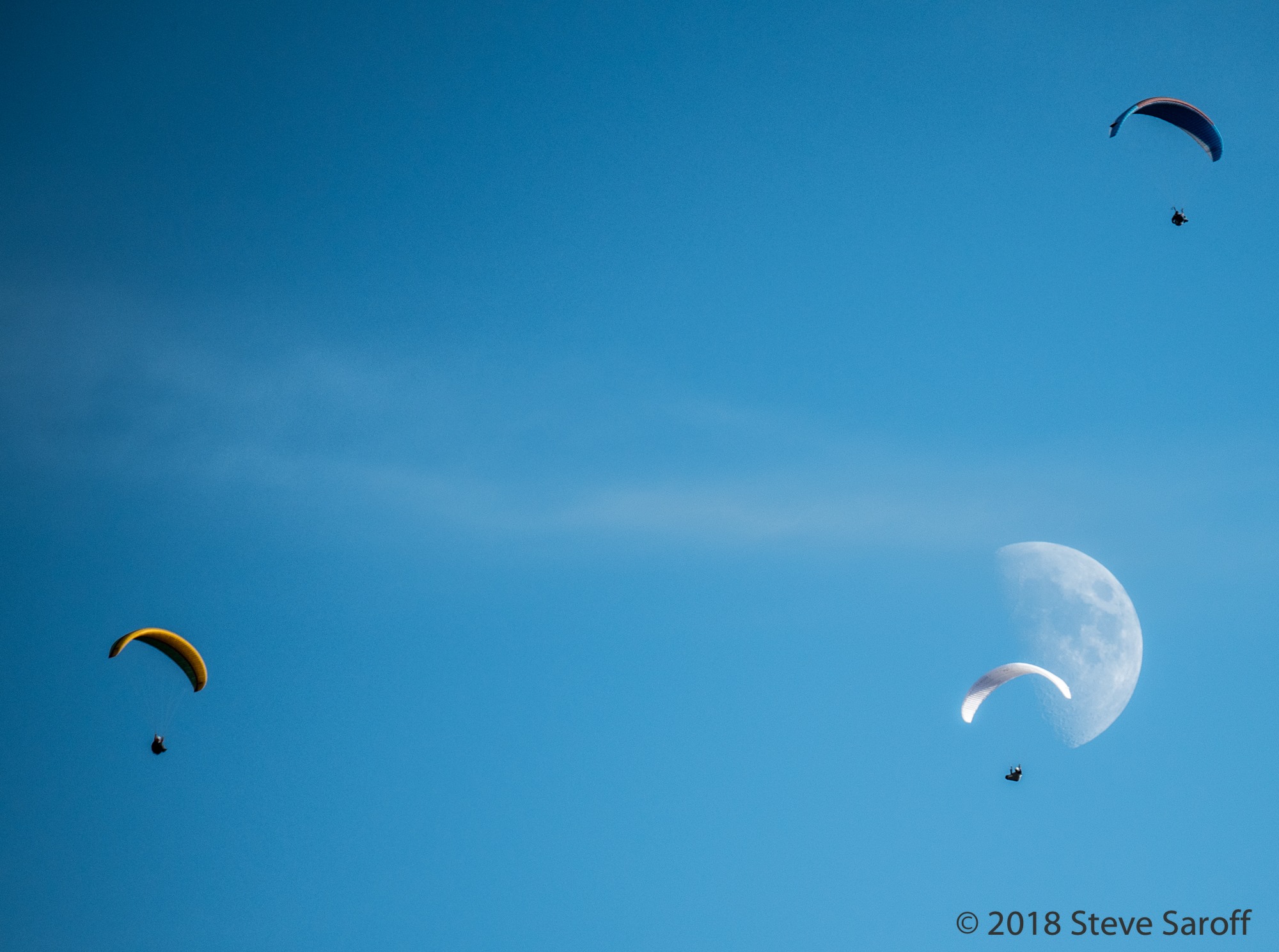
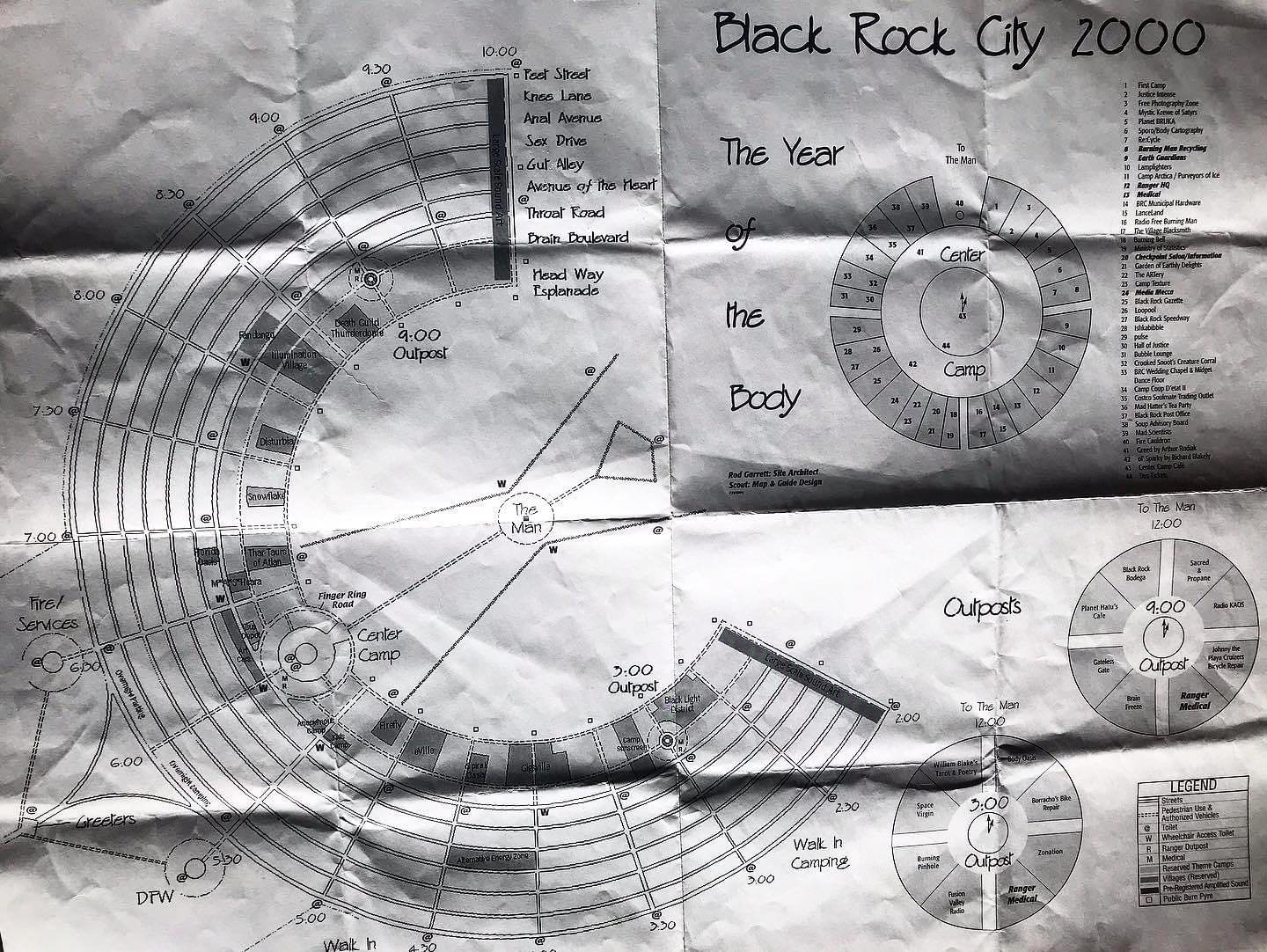
My life had fallen apart. Thieves had taken everything I had tried to give them. My pockets were filled with crumpled love letters and sand. The future was already the past. So I drove to Nevada, to look for my people. Sixty miles from pavement, on the washboard out of Winnemucca, the alternator on the truck died. I sat in the desert and looked around and tried to cry, but then, since no one was coming, there was no choice other than to laugh and try to fix things by myself. Then as I sorted through the rusty box of tools, the soft broken parts also started to mend. And I finally got to find out where I had been going. - steve s. saroff

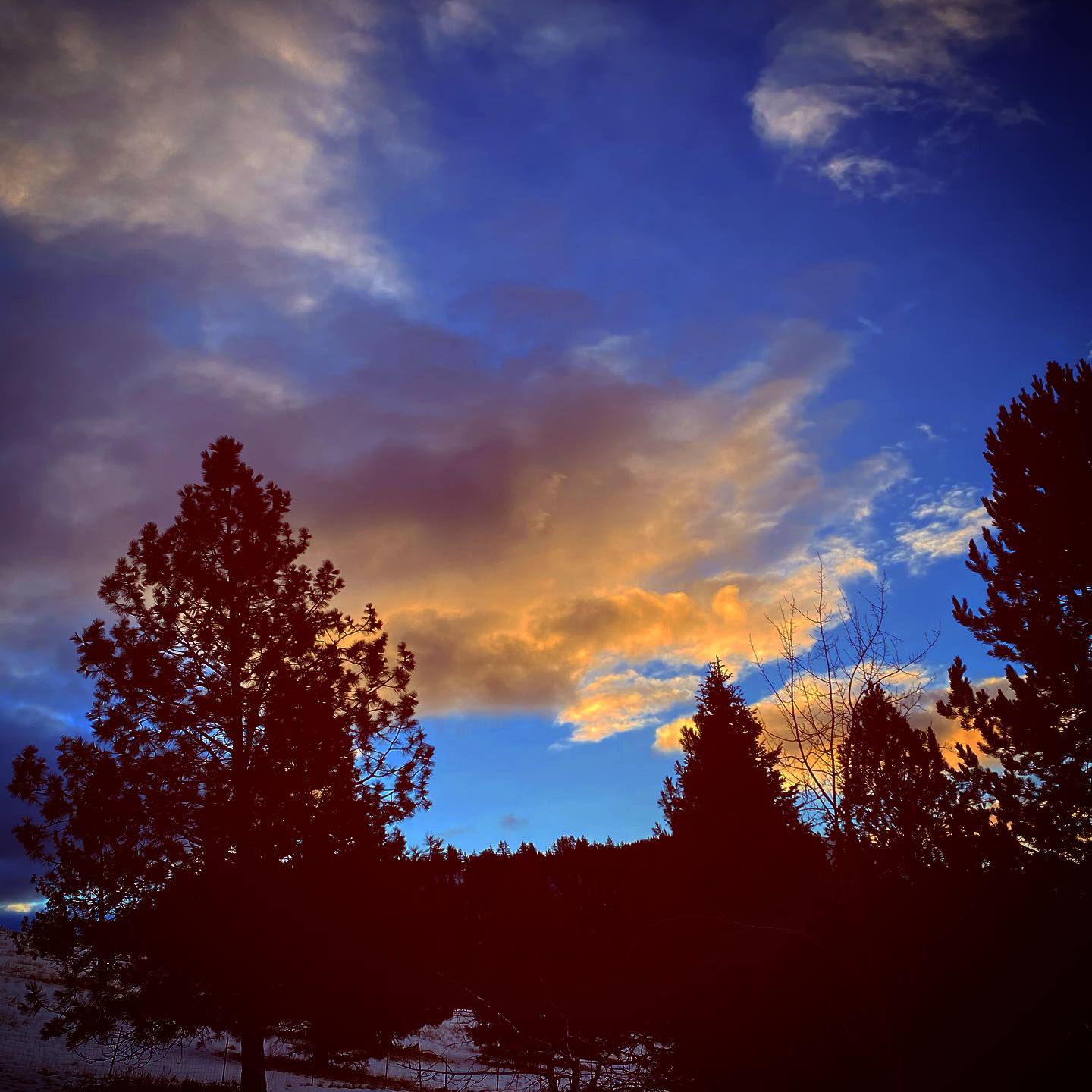
Christmas Eve. Back before all the crap happened, back when there were parties that were easy to show up for, I used to look for you everywhere. Some mornings I still wake up thinking that maybe today will be the day that my life will change. Then, usually after coffee, or just looking up at the beautiful sky with all its beautiful clouds, I know that being here, out of the turbulence of what was, is a damn good and peaceful place to be. And I realize that my life did change, because when I wasn’t looking someone found me and saved me from the fading crowd. - steve s. saroff
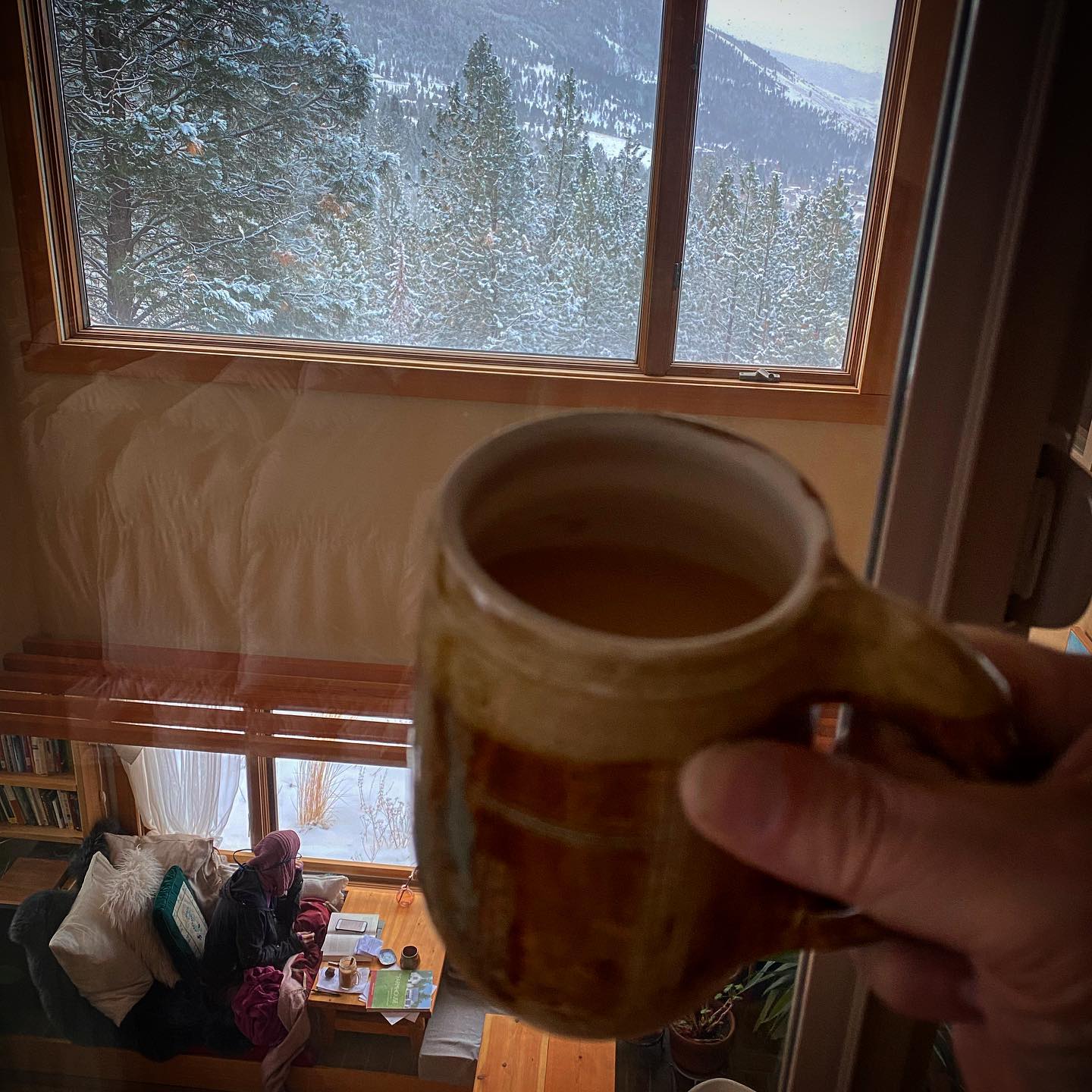
Snowed in by the memories of past new year's eves, this morning the coffee tastes better than midnight champagne ever did. So I toast to you, my lonely ghosts: here’s to the conversations we never had and to the apologies we never received. I’m trying to be gracious here, hiding the ‘you’ and ‘i’ in the gender proper ‘we,’ Auld’ Lange Zine and all that, but really I’m glad each time the plowman comes with his diesel 4x4, his chains and attitude, and how you then end up scraped back to the ditch. Of course it’s a metaphor, but regardless of the calendar or the weather each morning now is the start of a new day, which is often bright, happy, and taken one at a time, better than most of the years we lost. - steve s. saroff
- More Selected Photos:
- Night and Star Photos
- Costal Photos
- Fire and Earth Photos
- Clay and Pottery Photos
- People Photos
- Photos with words - I
- Photos with words - II
- Photos with words - III
- fresh photos/words are posted 1st on social media. Follow here:
- Insta @stevesaroff
- Insta @seaRanchLife
- fb @steve.saroff
Writing Sampler
Dear Reader, I truly hope some of the moods in my writing reach you. But, if you prefer to listen rather than read, many of these stories and writings are available on Spotify, iTunes, etc., as well as directly on the Montana Voice Podcast
And to readers who want more: the best way to encourage the publication of my next book is for my current books to receive more reviews. If you have read Paper Targets please consider leaving a review of it on Amazon. - Thank you!!!
Most of the stories and essays beneath have been puplished elsewhere, but sometimes I post new work and move out old work.
Fiction:
- Success - a short story
- Letter To My Daughter - a love story in Redbook (A bit about how it was published here)
- Wildhorse Island - another Redbook story
- Boston Girl - a short story set in Missoula.
- Lies - an Enzi story
- Christmas, Seventeen - an Enzi story
- The Long Line of Elk, poetry.
- Paper Targets, the popular novel inspired by true events.
- Back story I of Paper Targets
- Back story II - more of what happened
- PVO - remembering a friend
- Dyslexia, the advantage
- Leaving Home - a rememberance
- Music - another rememberance
- R/V Wecoma, On the route to becoming a shellback
Click here to Contact Steve S. Saroff
Return to Top of Page
Steve S. Saroff — Start-up consultant — Author
(c) 2024 Saroff Corporation
www.saroff.com